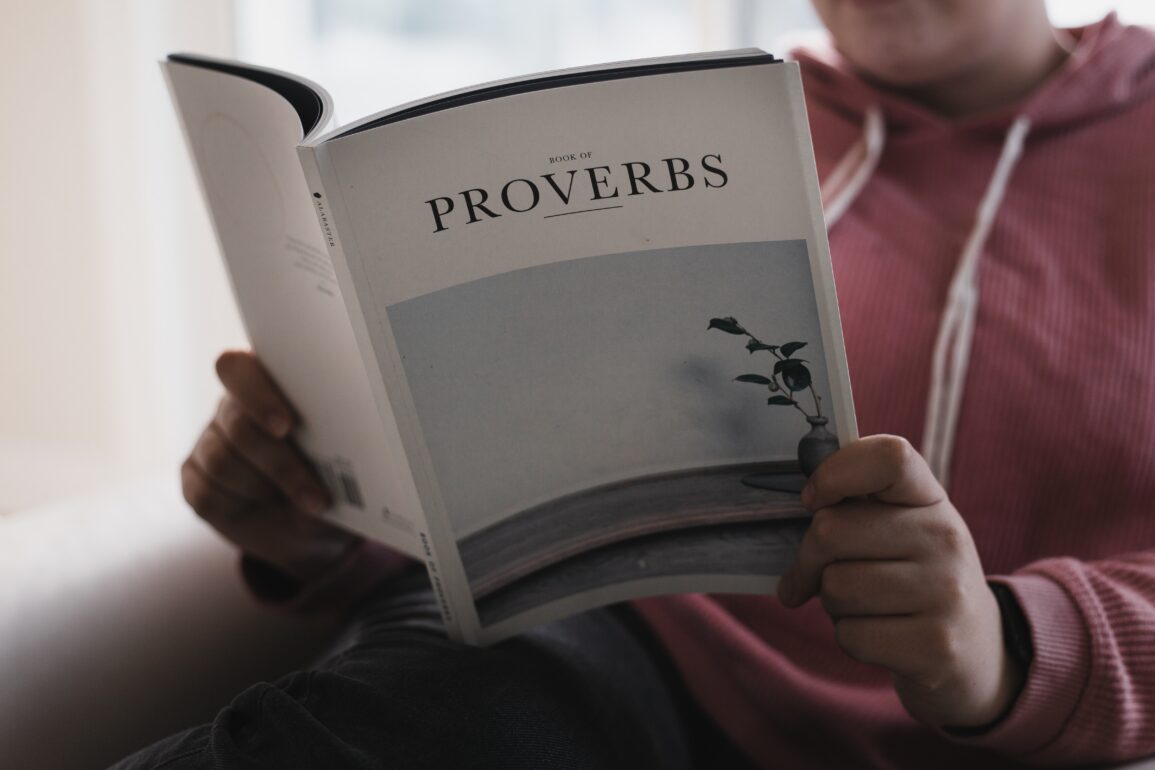Korean Proverbs Impart Generational Wisdom
There is wisdom in the world’s languages, but more and more languages are disappearing every year. We are losing the generational wisdom that they contain, and this includes many Korean dialects. In fact, from my experience Korean itself is turning into English as Koreans constantly adopt English words on a massive scale. It’s even hard to distinguish whether local magazines are Korean or not from the covers – because the cover is all written in English!
Here are some Korean proverbs that thousands of years of knowledge have imparted to the Korean culture and that would make great additions to the English language.
The Korean Proverbs
When whales fight the shrimp’s back is broken.
(고래 싸움에 새우등 터진다.)
It’s always the little guy who gets hurt when the big boys fight it out. As a country sandwiched in between Japan and China, you can understand how Korea would have some serious issues with the two big boys fighting it out. The same could be said for when to giant corporations fight it out – It’s often the suppliers to those companies who suffer the most.
Words going must be kind for words coming to be kind.
(가는 말이 고와야 오는 말이 곱다.)
Your mother told you not to gossip your teachers told you not to gossip and now this Korean proverb is telling you not to gossip. If you want others to say nice things about you, you should be saying nothing but the best about them.
Hitting a boulder with an egg.
(계란으로 바위치기)
Perhaps the most self-explanatory of all of them, an attempt to hit a boulder with an egg is only going to leave you with a crushed egg. When you’re discussing potential solutions to a problem and someone uses this one, it means there’s no way you’re going to accomplish anything in regards to solving the problem with that attempt at a solution.
It’s darkest directly under the lamp.
(등잔밑이 어둡다.)
This one throws a lot of people. The first thing that comes to mind is always, “It’s always darkest before the dawn,” for Westerners but that’s a totally different meaning. What this means is that things that are right in front of you are sometimes the hardest to see. This can be used very directly, like when you’re searching for something in the refrigerator for 2 minutes and realized its been in front of your eyes the whole time. More often it is used more figuratively, like when you find a solution tool problem with something that was very obvious but you just couldn’t see it before.
Trust an axe and your foot will be cut.
(믿는 도끼에 발등 찍힌다.)
We all know you have to trust people sometimes, but you can still write things down! I have watched way too many friends get burned in business by assuming that both sides had the same agenda, when they really didn’t. No matter what business you’re doing people see things from their own perspective. Follow the wisdom of this great Korean proverb and write a contract, please. I’m begging you.
Even when crossing a stone bridge, hit it first.
(돌다리도 두들겨 보고건넌다.)
They must have made bridges out of just about anything around back in the old days they must have been a little dangerous. So if you ran across a stone bridge at the time you felt much safer. Nonetheless, you should proceed with caution in everything you do.
Every tree will fall with 10 strikes.
(열번찍어 안넘어가는 나무 없다.)
Often used to discuss trying to get a date with the object of your affections, this saying means that you shouldn’t give up. Keep going for it and eventually you will succeed in accomplishing your goals.
Don’t even glance at a tree you can’t climb.
(오르지 못할 나무 쳐다보지도 마라.)
Seemingly the exact opposite of the proverb above, this one instead warns that if it’s completely impossible to accomplish you shouldn’t even look at it. Obviously they both have merit in different circumstances and I leave it to you to decide which is appropriate and when.
Plant beans, beans grow. Plant red beans, red beans grow.
(콩 심은데 콩 나고 팥 심은데 팥 난다.)
Not for far off from, “You reap what you sow,” this phrase means that there is a reason for everything.
Even when the sky falls, there is a hole to fly out of.
(하늘이 무너져도 솟아날 구멍이 있다.)
And we end on a positive note. Self explanatory, you can always find opportunity even in the bleakest of circumstances. Remember this one the next time you are fired.





